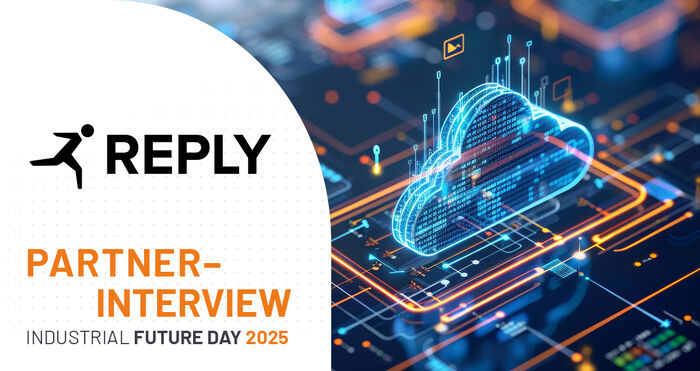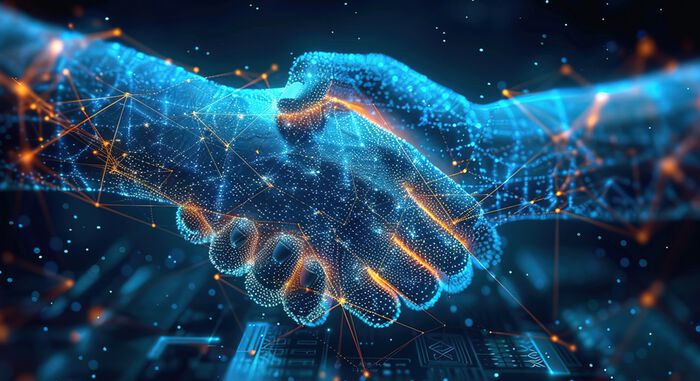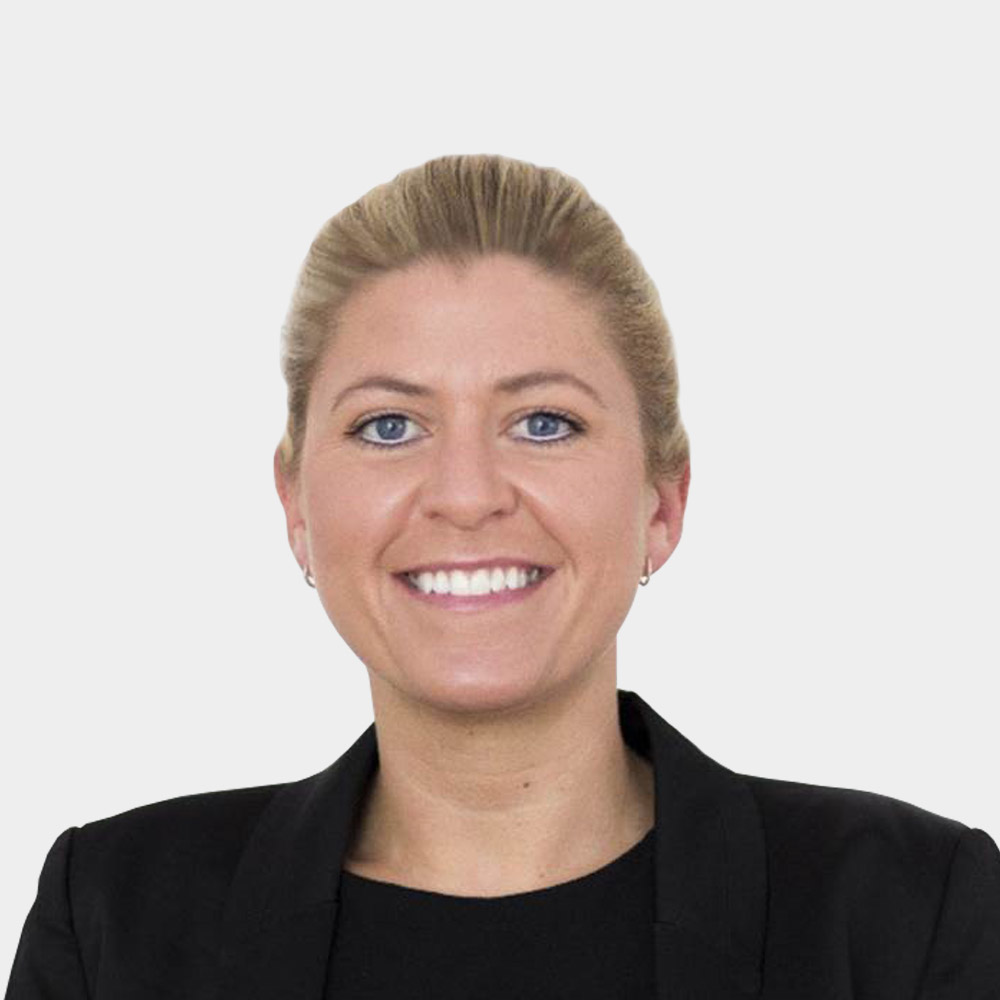TOPICS & NEWS
Articles and interviews on current trends, technology and industry challenges, information on our consulting services, seminars and events as well as company topics:
Here you can find out what drives EFESO.
Interview
Articles and interviews on current trends, technology and industry challenges, information on our consulting services, seminars and events as well as company topics:
Here you can find out what drives EFESO.
Interview
Experte: André Nowak | 02/20/2025 | Teilen auf in

Dorian Gast: Our core competencies as a software development company lie in IoT and cloud computing. Simply put, we connect machines and objects in industrial environments. We support companies in automating their processes, building future-proof IT infrastructures, and implementing customized AI solutions. Another key area for us is sustainability and circular economy. We help our clients achieve their sustainability goals and optimize resource efficiency. A third focus, which is becoming increasingly important, is cybersecurity.
Our customers are typically large mid-sized companies that compete globally and have the vision and determination to drive significant change. We have 120 employees, most of whom are developers. In our projects, we increasingly collaborate with management consultancies, where we typically take on technological planning and the implementation of digital transformation strategies. For future-proof solutions and infrastructures, we naturally require high-performance components. In the chip sector, for example, we collaborate with our partner NVIDIA.
DG: For the forklift manufacturer Kion, we implemented a digital truck platform. What many people don’t know: almost every forklift delivered is individually configured for the respective end customer. This involves specifications for components such as tires, battery, load capacity, forks, tilt angle, lift height, and more. The challenge for our customer was to structure the service organization in such a way that a technician could immediately analyze remotely which product configuration was involved and where the error lay in the event of a service case. Additionally, the machine itself should be able to report a malfunction to the service team.
We implemented all of this with an integrated platform. Furthermore, end customers can now easily book new features, for example, increasing the range and speed of the vehicles. They can also view the parameters of each vehicle in real time, such as operating hours. This is an important factor in the rental business. The automated processes and the central platform result in significant efficiency and cost savings. This also highlights a general trend: In global competition, it is usually no longer enough to simply build better machines. Instead, we must also leverage the possibilities of digital technologies to improve system integration and service. This is where the greatest need for change exists.

DG: I believe it is important for companies to strengthen their networking with one another. Every successful company has an individual focus, which typically defines its excellence and intellectual property. Many global market leaders in Germany operate in relative isolation. When acting alone, they often struggle to drive innovation and further develop their business. It makes sense to open up to a certain extent. This does not mean revealing business secrets, but rather facing the market together and building bridges. We observe that companies in today’s competitive environment can benefit greatly from entering strategic partnerships to foster technological innovation.
For example, traditional component manufacturers are each fighting for market share individually. They could benefit from a shared data and process format that enables secure information exchange and provides a complete representation of a system. This approach benefits both the manufacturers and their customers. It allows for faster creation of digital twins and the digital integration of the supply chain. The principle is simple: development costs are shared, and everyone benefits from the outcome. This is the true value of such strategic alliances. This can take place through classic associations such as the VDMA or through more specialized organizations like the Open Industry 4.0 Alliance or the Eclipse Foundation, where we are actively involved.
DG: I will present additional exciting case studies and concrete approaches for digital transformation, demonstrating how companies can become more efficient, sustainable, and successful. Furthermore, I want to encourage attendees not to spend too much time on business cases and feasibility studies but instead to take a hands-on approach—quickly develop an application, conduct a friendly-user test, and gather feedback. This alone can significantly accelerate the pace of innovation.
Find out from Dorian Gast at our event how digital technologies are helping to precisely network machines and processes in industry and analyse them in real time.
(EVENT IN GERMAN LANGUAGE)
Digitalization, Industrie 4.0 & IIOT >
|
|
Thank you for Signing Up |


This website uses cookies. Those have two functions: On the one hand they are providing basic functionality for this website. On the other hand they allow us to improve our content for you by saving and analyzing anonymized user data. You can redraw your consent to using these cookies at any time. Find more information regarding cookies on our Data Protection Declaration and regarding us on the Imprint.
Click here for Cookie Settings.

